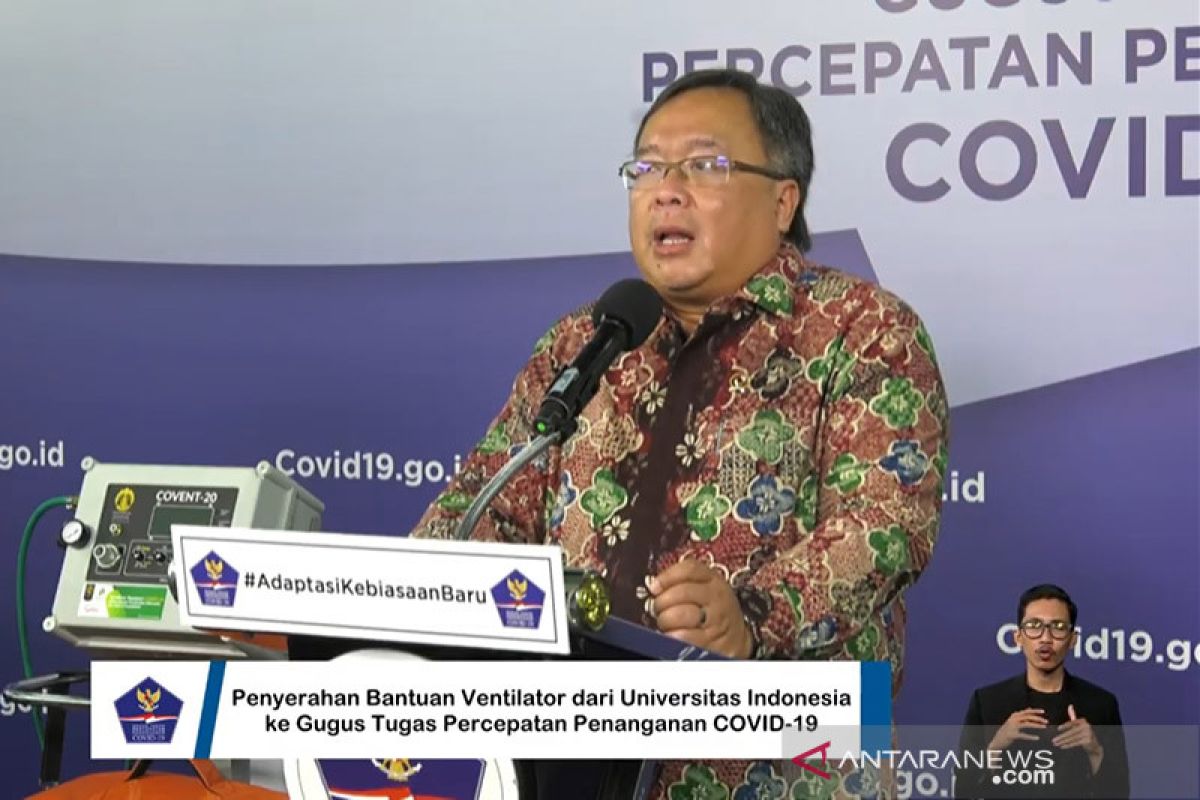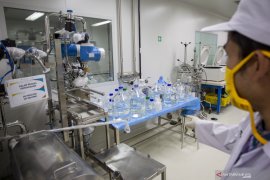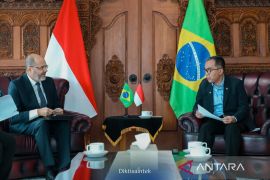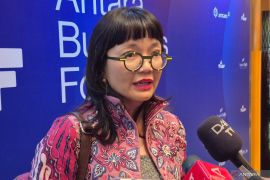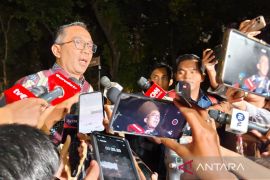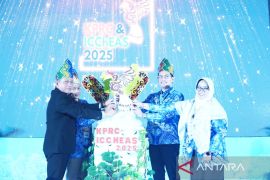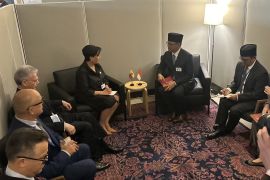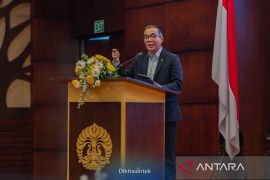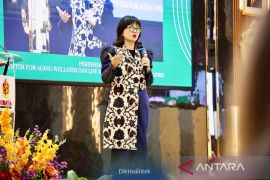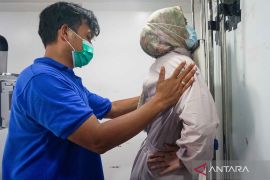“Whole genome sequencing (WGS) [of the coronavirus] may need to be enhanced, as there are only 16 WGS that have been delivered to GISAID up until now, in a number that is further behind compared to other countries, including India and China; proportionally, we are still lagging behind,” he said at a virtual press conference on Thursday in Jakarta.
So far, Indonesia has submitted 16 whole genome sequencing (WGS) results to the the Global Initiative on Sharing All Influenza Data (GISAID). The GISAID manages global data about the coronavirus that causes COVID-19.
Of the 16 WGS, 10 were produced by the Eijkman Molecular Biology Institute and 6 by the Airlangga University.
Related news: Eijkman Institute receives Rp10-billion donation to bolster corona lab
Meanwhile, the Eijkman Institute has set a target to collect 100 WGS, which indicates the institute still has a long way to go.
The WGS is considered important in the effort to determine the characteristics of the virus circulating in Indonesia.
The WGS results will also help in developing the Red and White vaccine, so, it is hoped, that the vaccine produced will be suitable for Indonesians, as it is based on the SARS-CoV-2 virus seen in the country.
In addition to conducting whole genome sequencing, the Eijkman Institute is also testing specimens to detect COVID-19 and leading a research consortium for the manufacture and development of the Red and White vaccine.
The Eijkman Institute of Molecular Biology has also contributed to the creation of a virus transport media (VTM) that has been distributed to laboratories to store specimens from swab tests carried out to detect the novel coronavirus disease.
Related news: Indonesia must produce domestic viral genome-based COVID-19 vaccine
Related news: Macrogen deploys multiple DRAGEN processors from Edico Genome to speed its large-scale genome analysis and clinical sequencing service
Translator: Martha Herlinawati S/Aria Cind
Editor: Yuni Arisandy Sinaga
Copyright © ANTARA 2020
